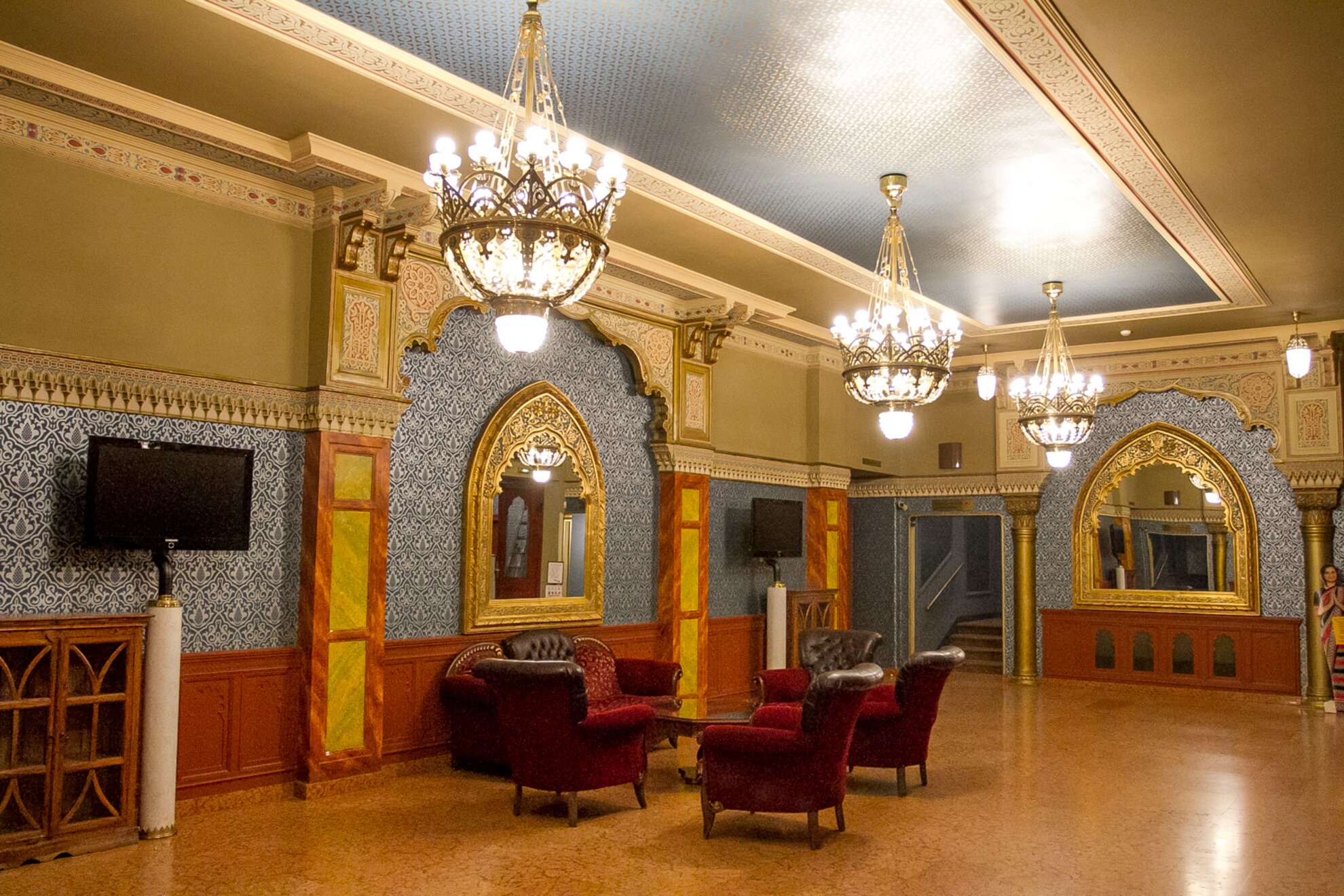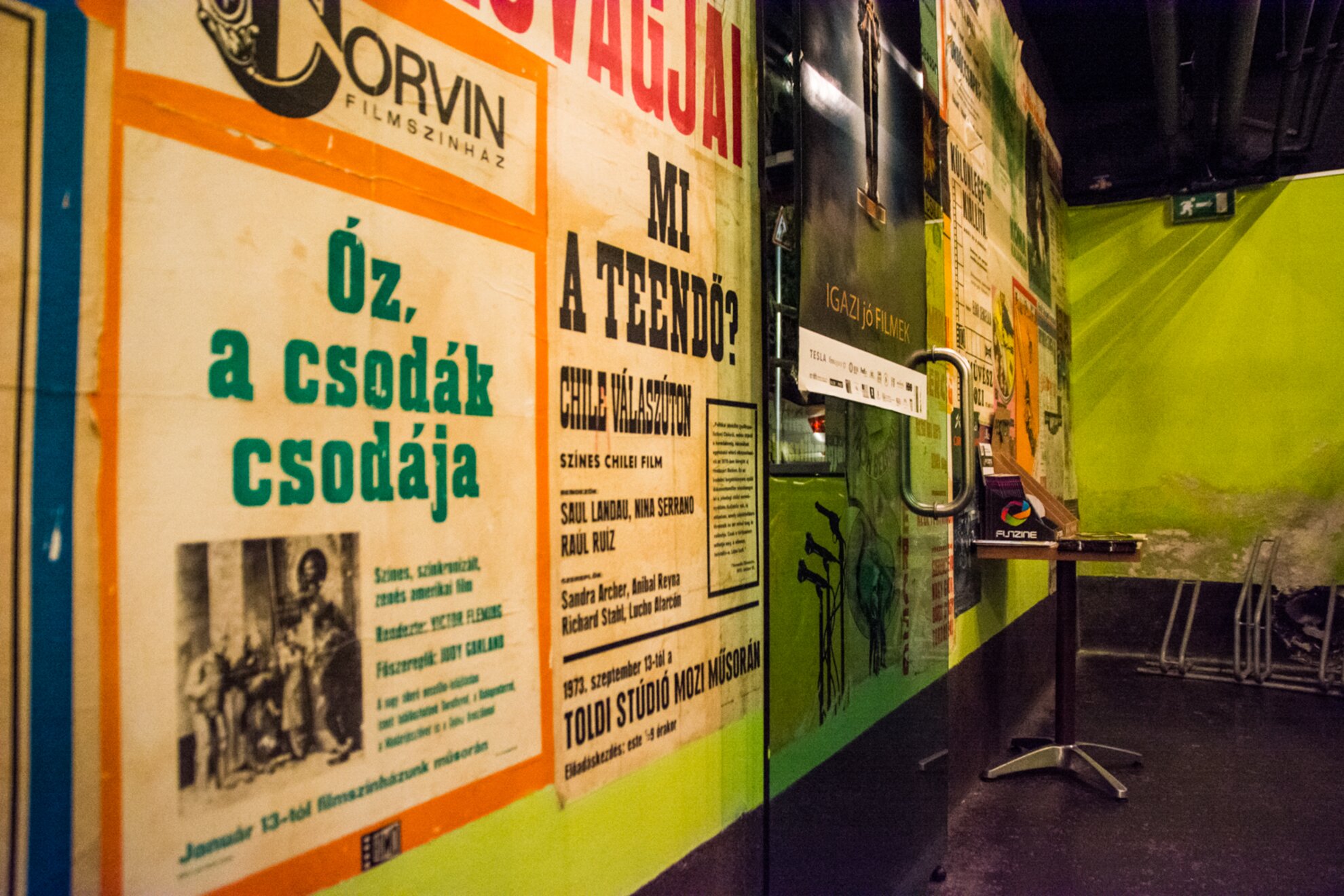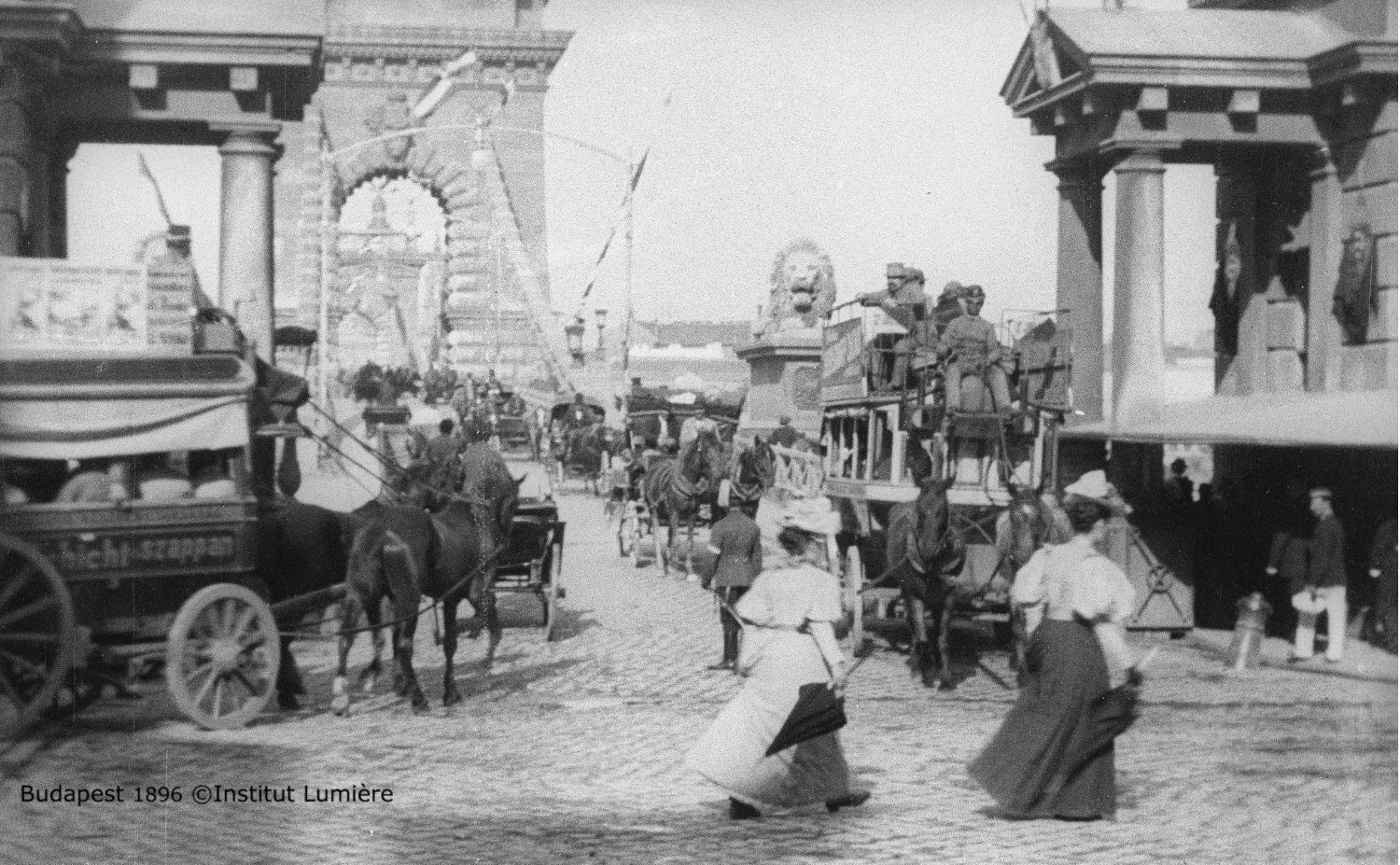The International Federation of Film Archives (FIAF) was established in Paris in 1938. Its aim is to set guidelines and recommendations for the preservation, restoration and public distribution of films, both in theory and in practice.

Currently, it comprises 170 members from 79 countries. Hungary’s own Film Archive joined the organisation in 1957 and hosted its first FIAF Congress in 1961. This month, the historic Uránia Film Theatre is staging another.
National Film Institute – Film Archive director György Ráduly has been a member of the FIAF board since 2019:
Film – the great national asset
“The FIAF Congress in Budapest is the perfect occasion for us to focus international attention on the Hungarian film heritage and our work carried out to preserve this extraordinary rich heritage,” says Ráduly. “For the first time, the preservation of film has been included in the fields of cultural strategy, thereby lending weight – in accordance with its significance – to the protection and widespread dissemination of this national asset.”

The
preservation, digitisation and distribution of non-feature film collections will
be the central topic at the FIAF Congress. Even though the number of newsreels,
experimental films, shorts, animations, ethnographic films, commercials,
institutional films and private films in the majority of archives around the
world far exceeds those of feature films, they receive far less attention, despite
their value as cultural and historical documents.
Through presentations given
by international experts, the FIAF Congress intends to enable participants to
make this extraordinarily diverse motion-picture heritage more effectively
accessible to the general public and professional users.
For this first congress post-pandemic, a total of 240 experts from more than 100 film institutes are coming to Budapest, including senior staff from European, American and Asian film archives. International universities and professional exhibitors are also taking part.

The Uránia National Film Theatre, the symbolic birthplace of filmmaking in Hungary, is hosting the Congress. A screening programme linked to symposium lectures will give delegates the first opportunity to see The Workman’s Overall (A munkászubbony), digitally restored by the NFI – Film Archive and Filmlabor, discovered in Amsterdam’s EYE Filmmuseum in 2017. The 39-minute silent movie dating from 1914 is the only surviving film featuring Gyula Hegedűs (1870-1931), one of the greatest actors of his day. Live music by the Jazzical Quintet accompanies the screening of this rare find.

Among the presentations is one by Galina Torma, expert at the National Film Institute – Film Archive, in which she details their efforts at identifying, reconstructing, digitising and publishing century-old Hungarian newsreels.
“It is an enormous pleasure and honour that, after a gap of six decades, we can once again welcome the annual FIAF congress Budapest,” says Csaba Káel, Government Commissioner for the Development of the Hungarian Film Industry and chairman of the National Film Institute.
National treasure
“The Hungarian motion picture industry has recently undergone spectacular development. Film production in Hungary and the acquisition of expertise have been continuous for 120 years. Filmmakers have been passing on their knowledge and experience from generation to generation. All this undoubtedly played a part in the fact that today, Hungary is the most popular filmmaking hub in continental Europe. Sustainability has become the burning issue of our day. One of the keys to cultural sustainability is whether we can preserve and pass on our motion-picture heritage to future generations. Never before has the work of film archives and the presentation of restored works to contemporary standards been so important.”




